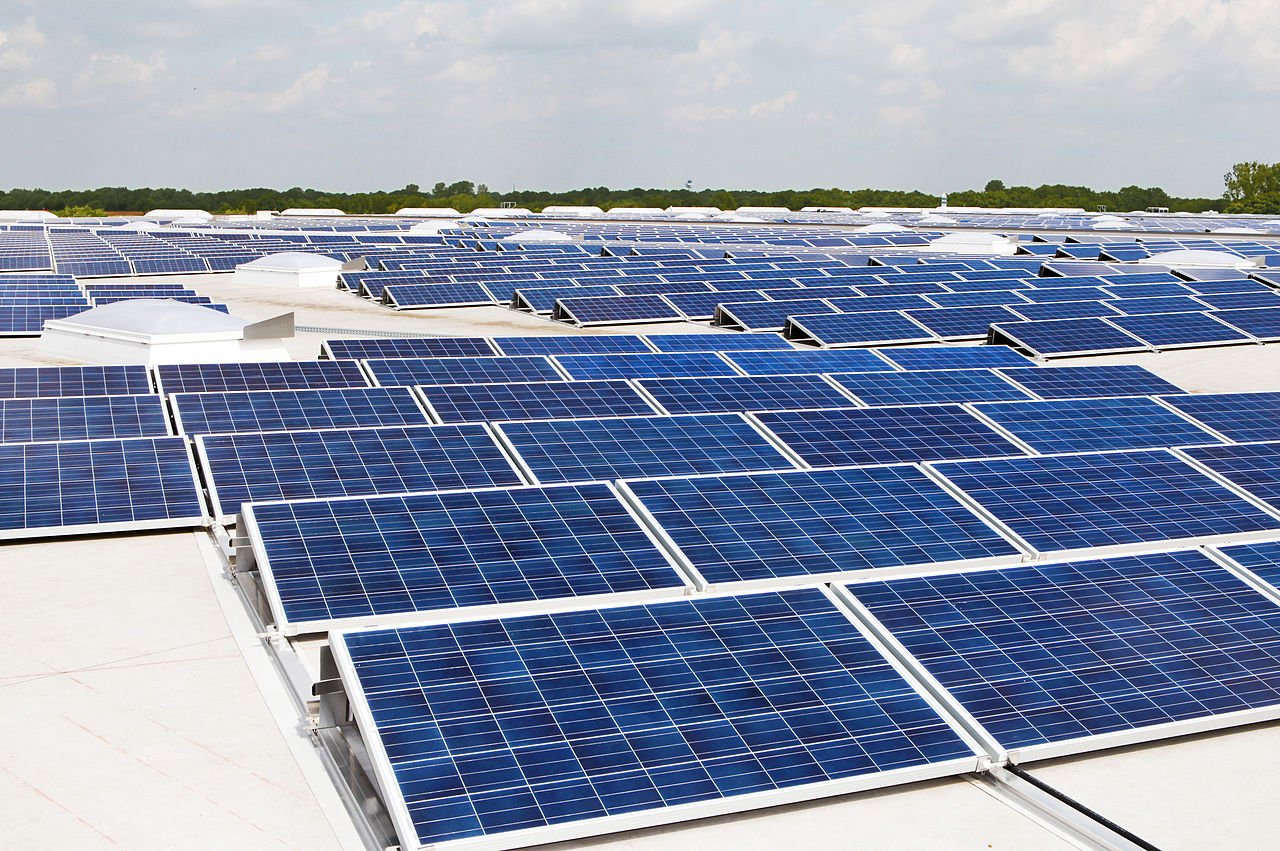According to Fatih Birol, executive director of the International Energy Agency (IEA), stories claiming that volatility in gas and power markets is a consequence of the clean energy transition are “misleading”, Bioenergy-news.com reports.
Natural gas and electricity prices have hit record highs in recent weeks and months, most notably in Europe and certain major Asian countries, producing potentially severe economic consequences, according to Birol’s latest blog. These include significant negative consequences on electricity firms, other businesses and industrial sectors, and consumers, which necessitated government involvement to mitigate the harm.
However, accusations that the clean energy transition is to blame for the issue are proliferating. These claims, according to Birol, are “misleading, to say the least.”
“This is not a renewables or clean energy crisis; it is a natural gas market catastrophe,” he stated, adding that “it is critical to work from a solid evidence foundation on the reasons of the present market instability.”
The IEA, according to Birol, is focused on the statistics, which demonstrates that a variety of factors are harming the natural gas business. These challenges include an unusually quick global economic recovery in 2021, outages and repair of critical gas infrastructure, and a shortage of adequate Russian supplies.
Furthermore, Russia cut its exports to Europe by 25% in the fourth quarter of 2021 compared to the same time in 2020, and by 22% compared to 2019. Despite recent high natural gas market prices, this remains the case.
According to the IEA, Russia could raise supply to Europe by at least one-third. This is comparable to a new LNG ship bringing a complete cargo of natural gas to Europe every day, or 10% of the EU’s average monthly gas consumption. This, together with the large amount of LNG inflows, would bring “substantial relief” to European gas markets.
According to Birol, the volatility in the natural gas market has also impacted European electrical markets, which depend on gas as a marginal fuel. This has been worsened by lower-than-average hydropower production and poor nuclear output, emphasizing the necessity for significant investment in baseload supply and flexibility sources.

